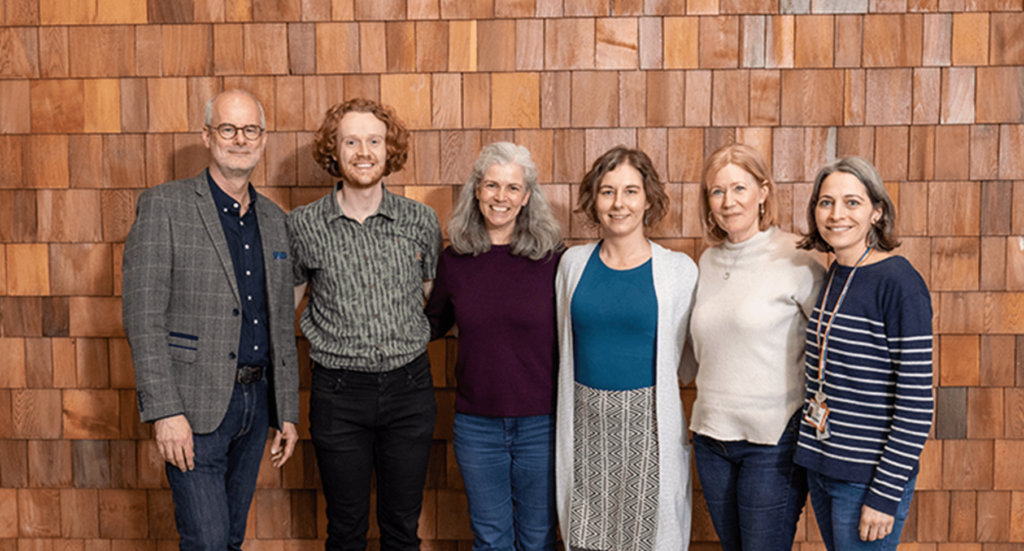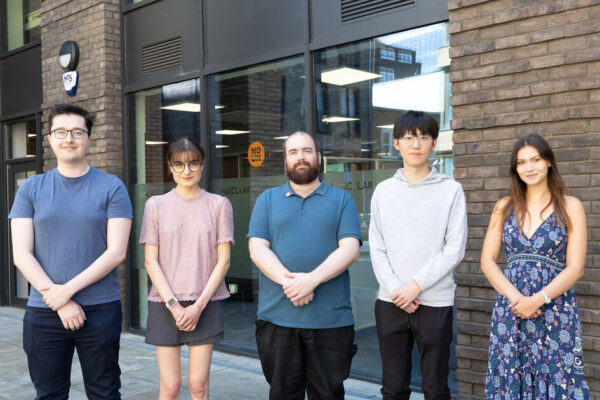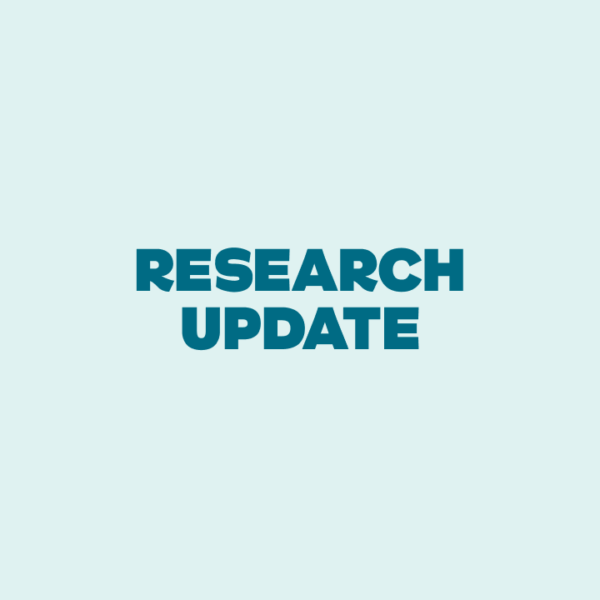In a significant step forward, the John Walton Muscular Dystrophy Research Centre (JWMDRC) has announced a planned upgrade of their existing patient registry software to a new, state-of-the-art software platform, developed by Newcastle University. This transition will be funded entirely from donations from companies working on muscle wasting conditions. These companies support the advancements and improvements that this new platform will bring, ensuring high quality data is available for research. Please note that, while the companies have supported the new platform, they will not have access to the patient data or any control over it.
Planned improvements to patient registries for the muscle wasting community

Guest blog by Helen Walker, Patient Registries Project Manager, Newcastle University
Patient registries are secure databases that people living with a particular rare condition (or their parents/carers) can choose to add their information to. This includes information about their symptoms, and if possible, what their genetic diagnosis is. Generally, each registry is designed for one specific condition, and will ask you to complete a questionnaire once a year. The data collected is kept confidential and used to support research into the condition.
As the largest ongoing funder of the national patient registries, MDUK is in full support of this transition, which will help lead to a brighter future for neuromuscular research and patient care. The national registries for facioscapulohumeral muscular dystrophy (FSHD), myotonic dystrophy, and spinal muscular atrophy (SMA) are expected to be the first to move to the new platform, with some international registries to follow.
The FKRP and COL6 international registries will remain with the current IT platform, which is also being upgraded with new features that specifically benefit these registries in their collection of data from people with limb girdle muscular dystrophy (LGMD).
The platform, developed by Newcastle University, will significantly improve the user experience with a range of custom-built features tailored to the specific needs of the registries.
- Improved customisation and flexibility – the adaptable software will allow registries
to be created in new disease areas and support standalone studies, such as research surveys, and can be
used to support safety monitoring of new treatments. This could mean studies can be completed faster and
more precisely, which would support the development of new treatments. - Greater efficiency and data quality – the move will reduce data duplication and improve
the quality of both historical and new data across these registries. The platform will also improve data
analysis, driving forward the understanding and treatment of muscle wasting conditions. - Long-term sustainability – there are lots of benefits from moving to a more efficient
system which will save time and money. One of the main advantages is that registry managers will be able
to build and manage questionnaires directly, instead of needing to go through an external company. - Strengthening community relationships – the improved platform will increase the number of participants in the registries and allow for questionnaires to be easily updated to ensure participants are answering questions that are most important for current research needs. The increase in both patient numbers, and the range of data being collected, will support both national and global research into muscle wasting conditions.
Several pharmaceutical companies have already donated to fund the new platform, and the JWMDRC registry team are still seeking further funding to allow for additional improvements to make the system as easy to use as possible. To learn more about how you can join or support one of these registries, or contribute to the platform development, please contact registries@newcastle.ac.uk.
“This new platform represents a major improvement for our patient registries. The data quality and efficiency will greatly benefit our research efforts and, ultimately, the patients we serve. We are grateful for the support from our pharmaceutical industry partners and look forward to the positive impact this transition will bring. This project demonstrates just how impactful collaboration with different industry partners can be to the neuromuscular field.”
Professors Volker Straub and Chiara Marini-Bettolo, Principal Investigators of the registries
*Individual disease-specific patient registries migrating to the new platform are also supported by Myotonic Dystrophy Support Group, Cure DM, Adult SMA REACH, Myotubular Trust, MTM-CNM Family Connection, Astellas Pharma Inc, Roche, and Biogen.
The JWMDRC Patient Registries Team (L-R): Prof Volker Straub, Sam McDonald, Lindsay Murphy, Helen Walker, Julie Bohill, and Prof Chiara Marini-Bettolo.
Patient registries are databases that people living with a particular condition (or their parents/carers) can add their information to. This includes information about their symptoms, and if possible, what their genetic diagnosis is. Generally, each registry is designed for one specific condition.

